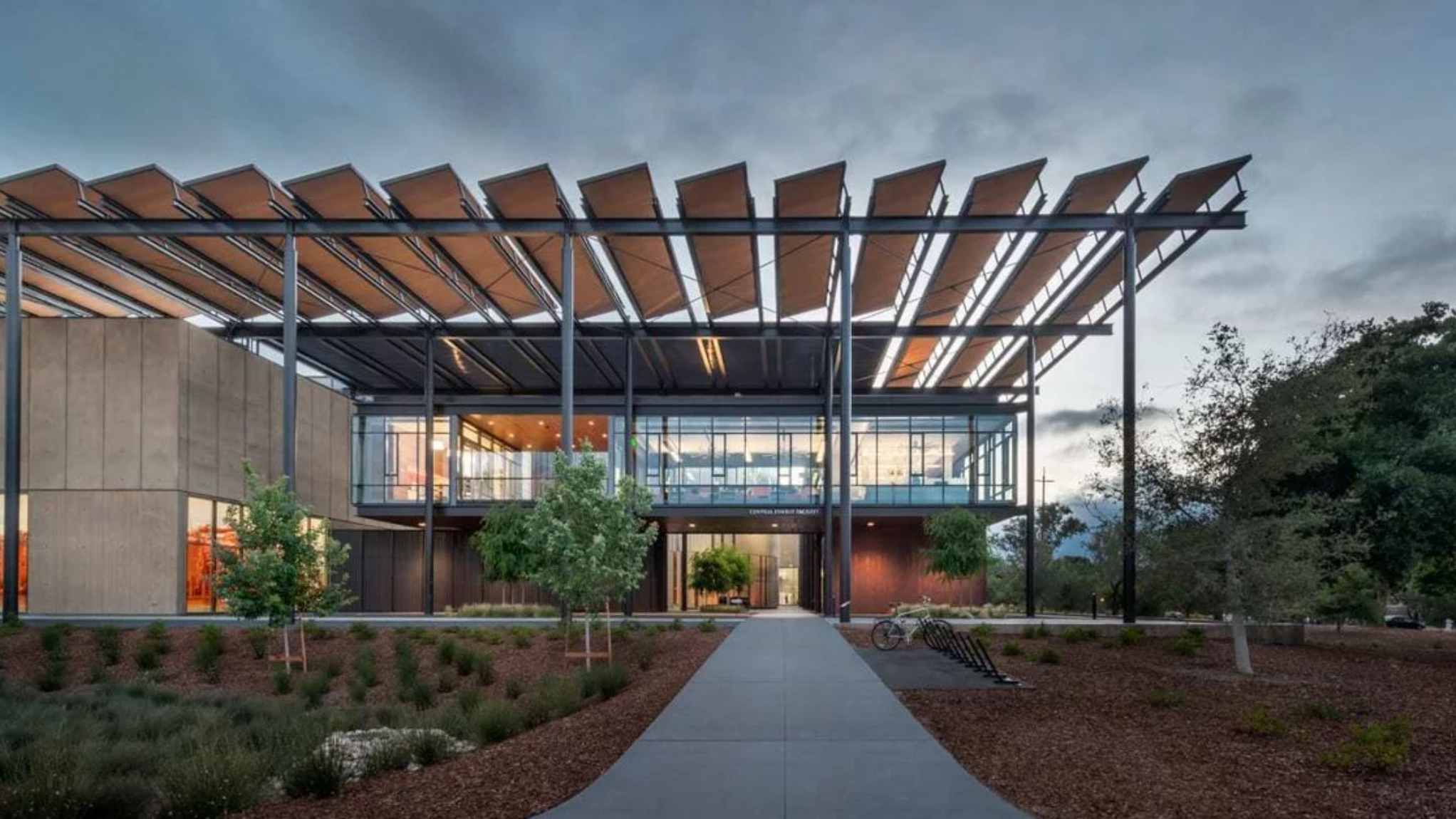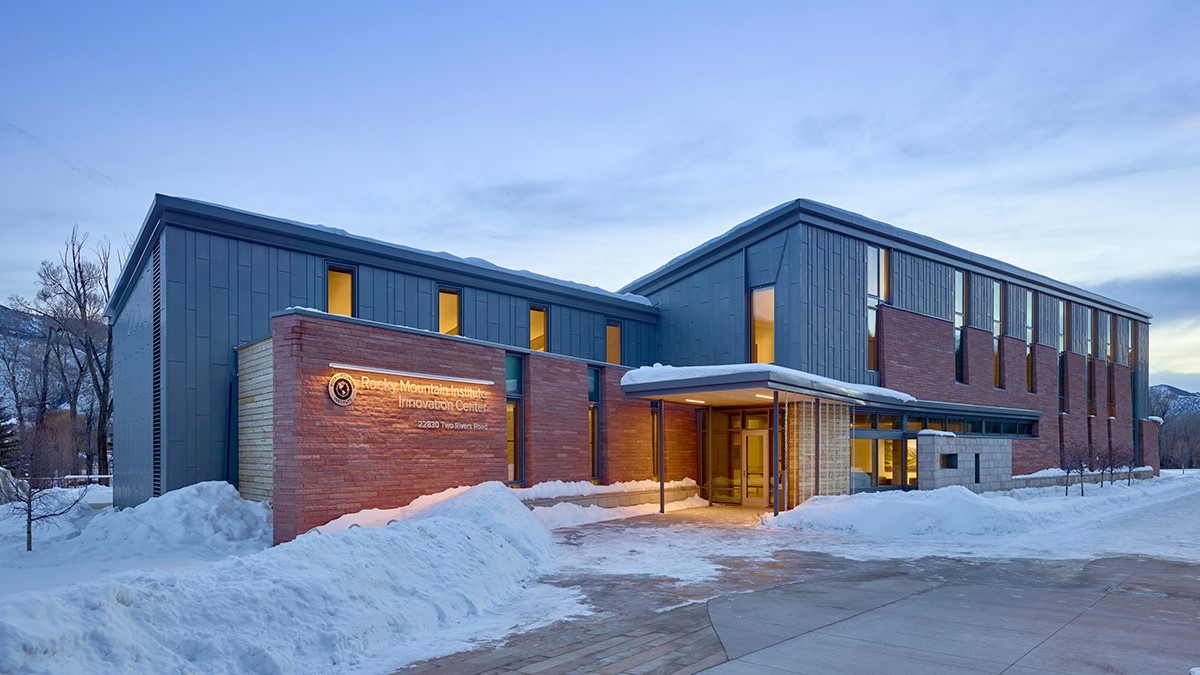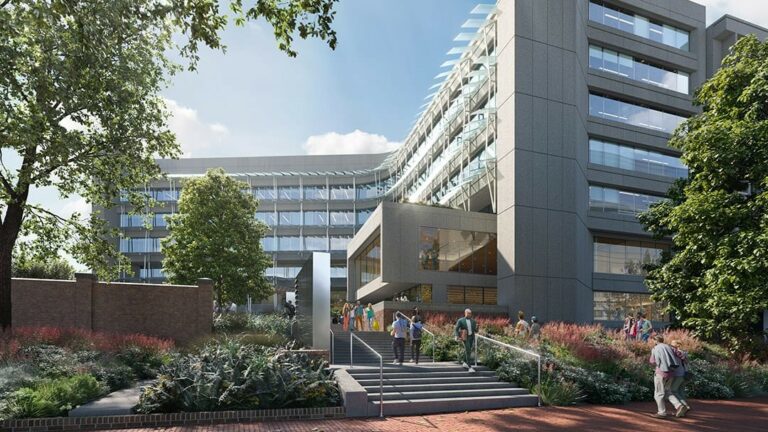
AIA Headquarters Renovation
After almost fifty years of operation, the American Institute of Architects decided to update their headquarters to meet the AIA 2030 Commitment goals of Net Zero Carbon by 2030. The project included a novel community carbon reduction approach, where the AIA donated PV panels to a local Habitat for Humanity project to offset any unavoidable embodied emissions associated with the renovation.
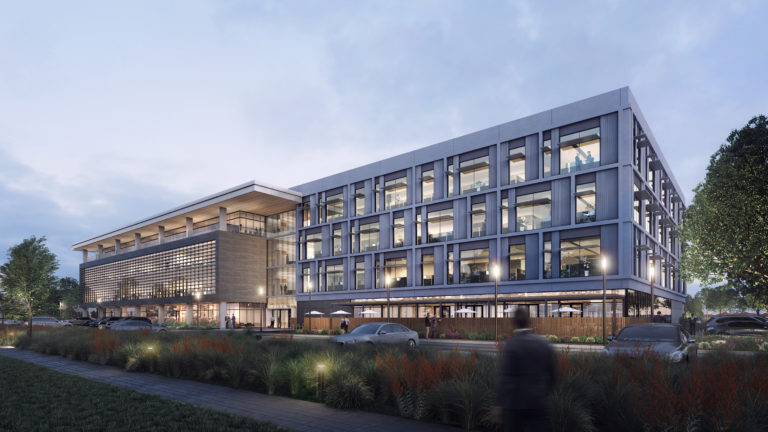
Exelixis – 1951 HBP
A 220,000 square foot commercial office building located in Alameda, CA. This all-electric building uses energy efficiency to target LEED Gold. With almost 50% of its energy consumption generated by onsite solar, and the remaining energy purchased from carbon-free sources, this building has fully decarbonized operations.
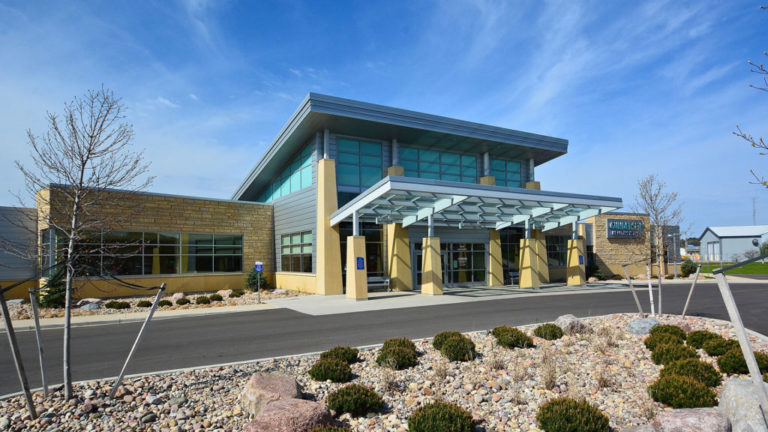
Gundersen Healthcare: Sparta Campus
A 35,000 square foot medical clinic that achieved LEED Gold through the use of energy efficient design. The Sparta Clinic’s energy consumption is offset by 30% with onsite rooftop solar, and the remainder of its electrical demand is purchased from the nearby Xcel Energy community solar garden. These energy sources, combined with the all electric design, make all of its operations 100% carbon free.
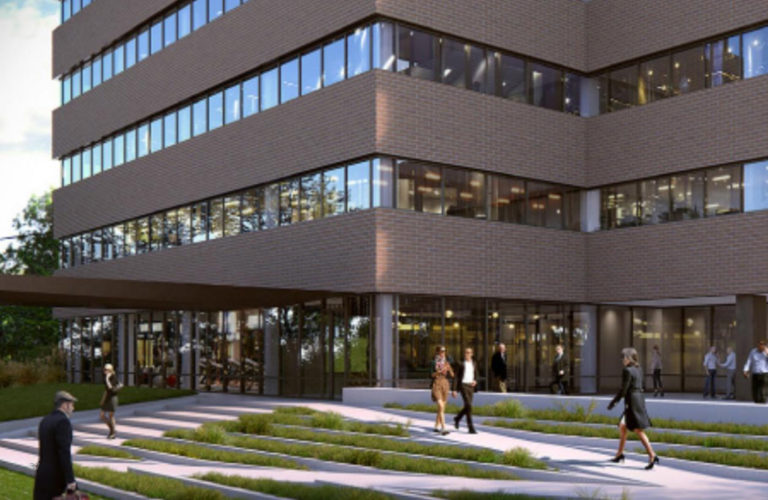
Louisiana Office Carbon Retrofit
A 130,000 square foot renovation of a commercial office for a public client in Louisiana. The design team reduced energy use by nearly 70% through the all-electric, energy efficient design. Particular attention was also paid to quantify and minimize embodied carbon by 85% in service of Architecture 2030 goals.
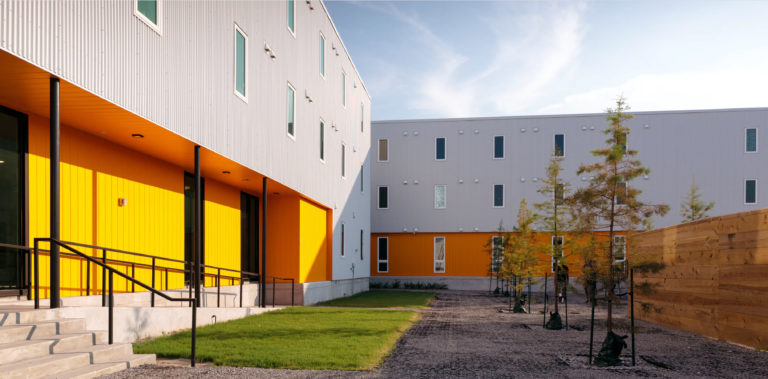
St. Peter’s Residential
A 45,000 square foot, 50-unit multi-family affordable housing building located in New Orleans designed to primarily house veterans, specifically single mothers returning from Iraq and Afghanistan. St. Peter’s is a low-cost Zero Net Energy Building that gets 100% of its very low energy demand from onsite solar PV and battery storage, allowing for fully decarbonized operations.
Other Case Studies
We’d be happy to accept teaching materials to the Building Decarbonization Learning Accelerator.
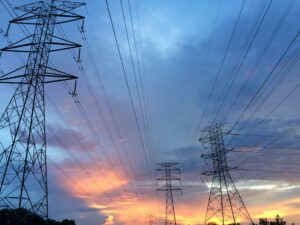
BDLA Monthly Webinar: Building Decarbonization Goes Mainstream – How a Quarter of the US Adopted Electrification Policies
The Stanford Building Decarbonization Learning Accelerator (BDLA) will host a 1-hour webinar with experts from the Building Decarbonization Coalition.

BDLA Monthly Webinar: Cooking Up Clarity – Insights on Gas Stoves and their Influence on Indoor Air Quality
The Stanford Building Decarbonization Learning Accelerator (BDLA) will host a 1-hour webinar with experts from RMI and Stanford University.
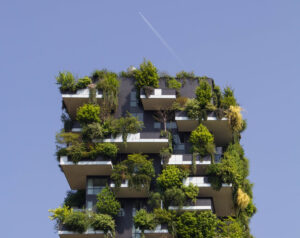
BDLA Monthly Webinar: Build Beyond Zero
40% of global emissions come from the built environment, yet we now see a path beyond zero to buildings absorbing gigatons of carbon every year. Bruce King gave a talk about building technologies both new and ancient that can provide all of our needs as well as help heal the climate.
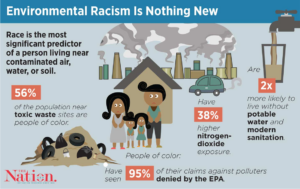
Monthly Webinar: Accelerating Decarbonization with Equity and the Risks of Not
However, decarbonization has the opportunity to exacerbate existing inequalities in health and income or start to address these inequities. This webinar reviewed the risks of continuing as the industry has over the last decade and how equitable solutions can accelerate decarbonization in residential and commercial properties.
